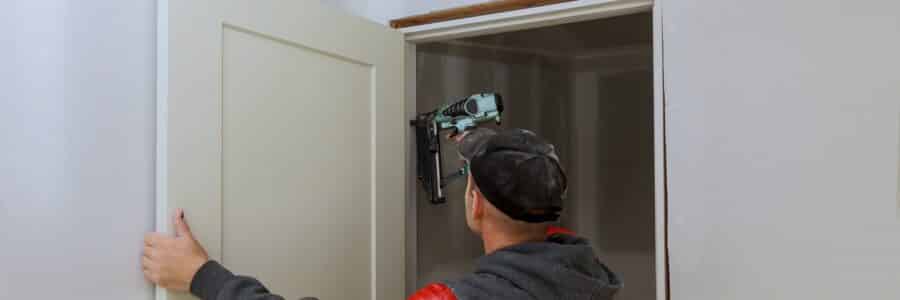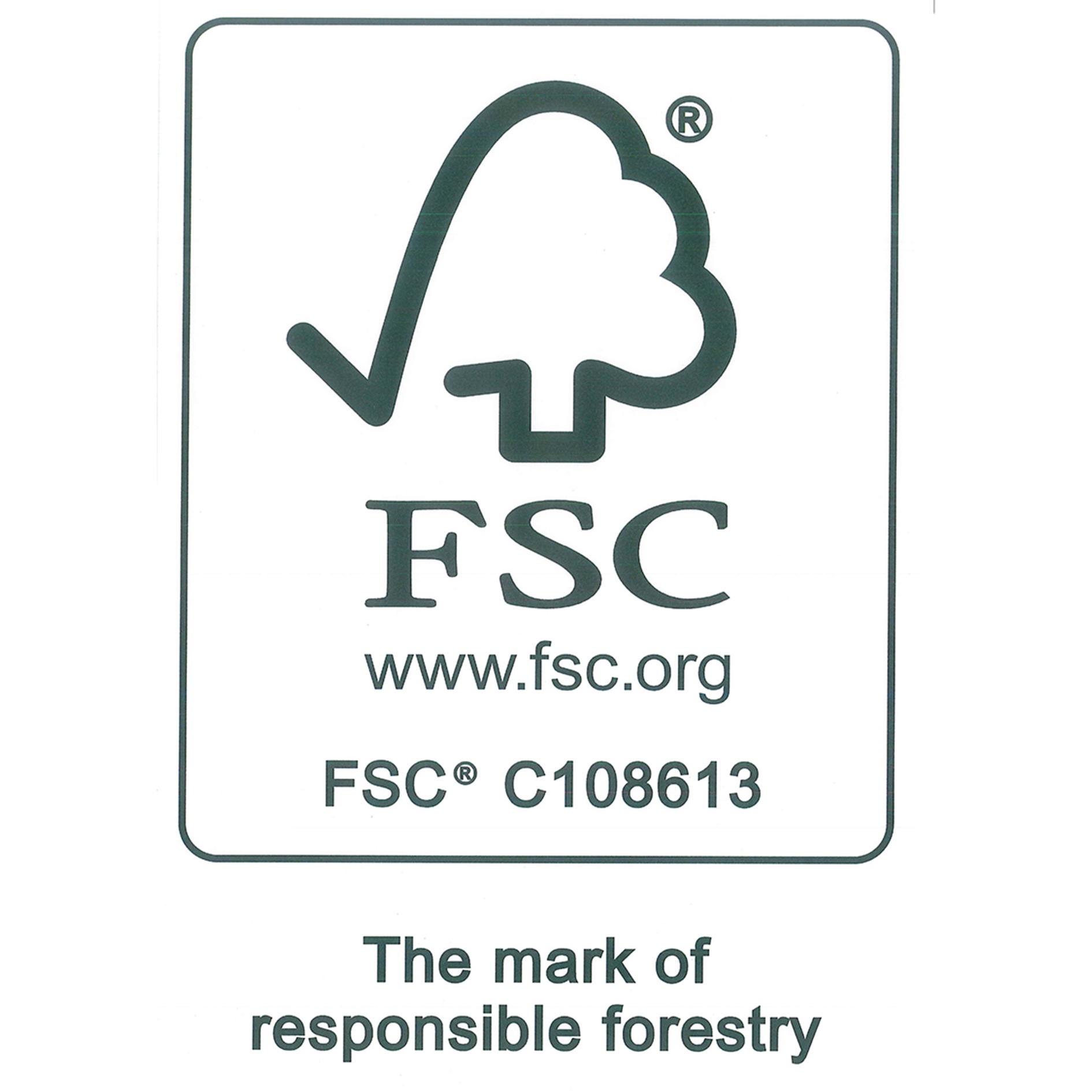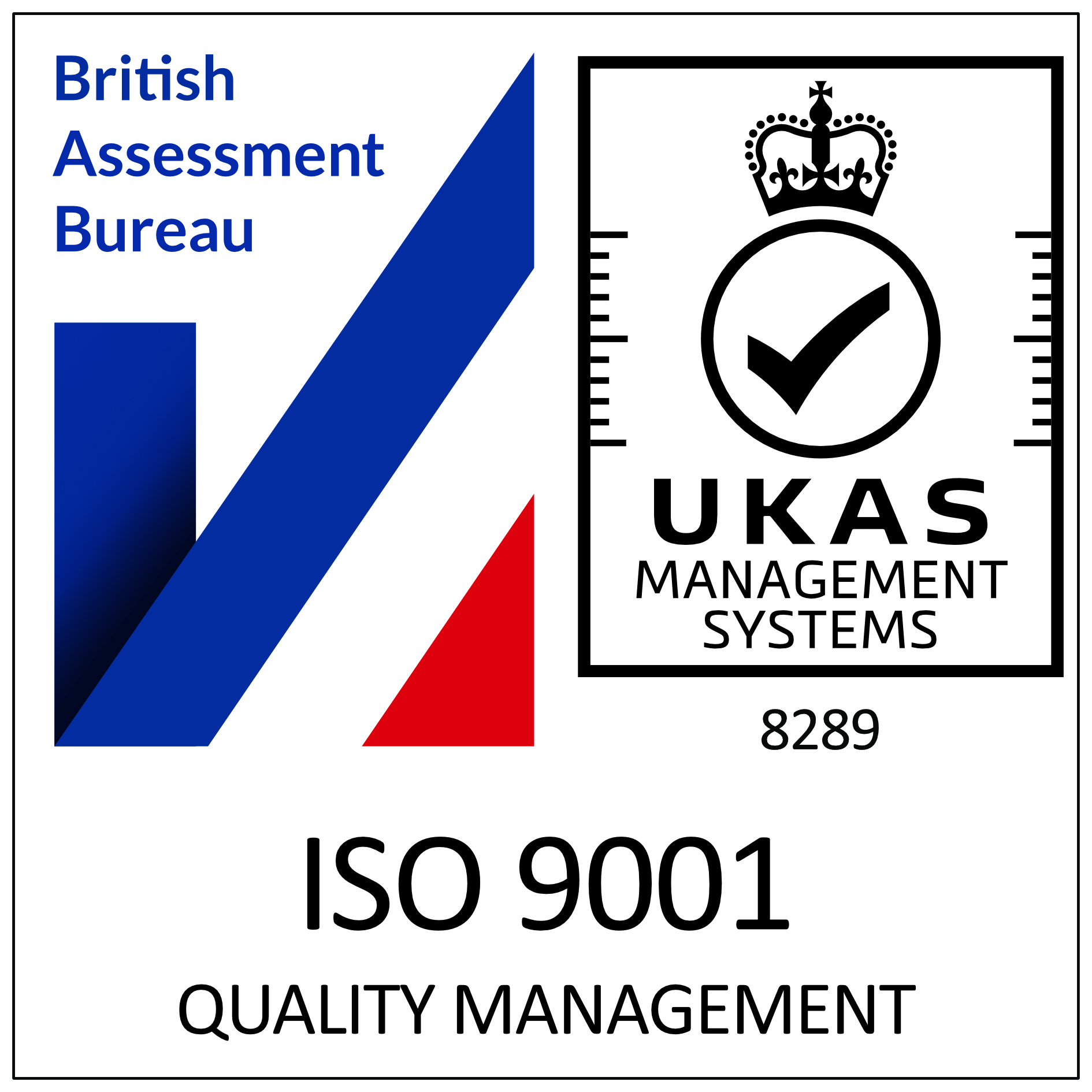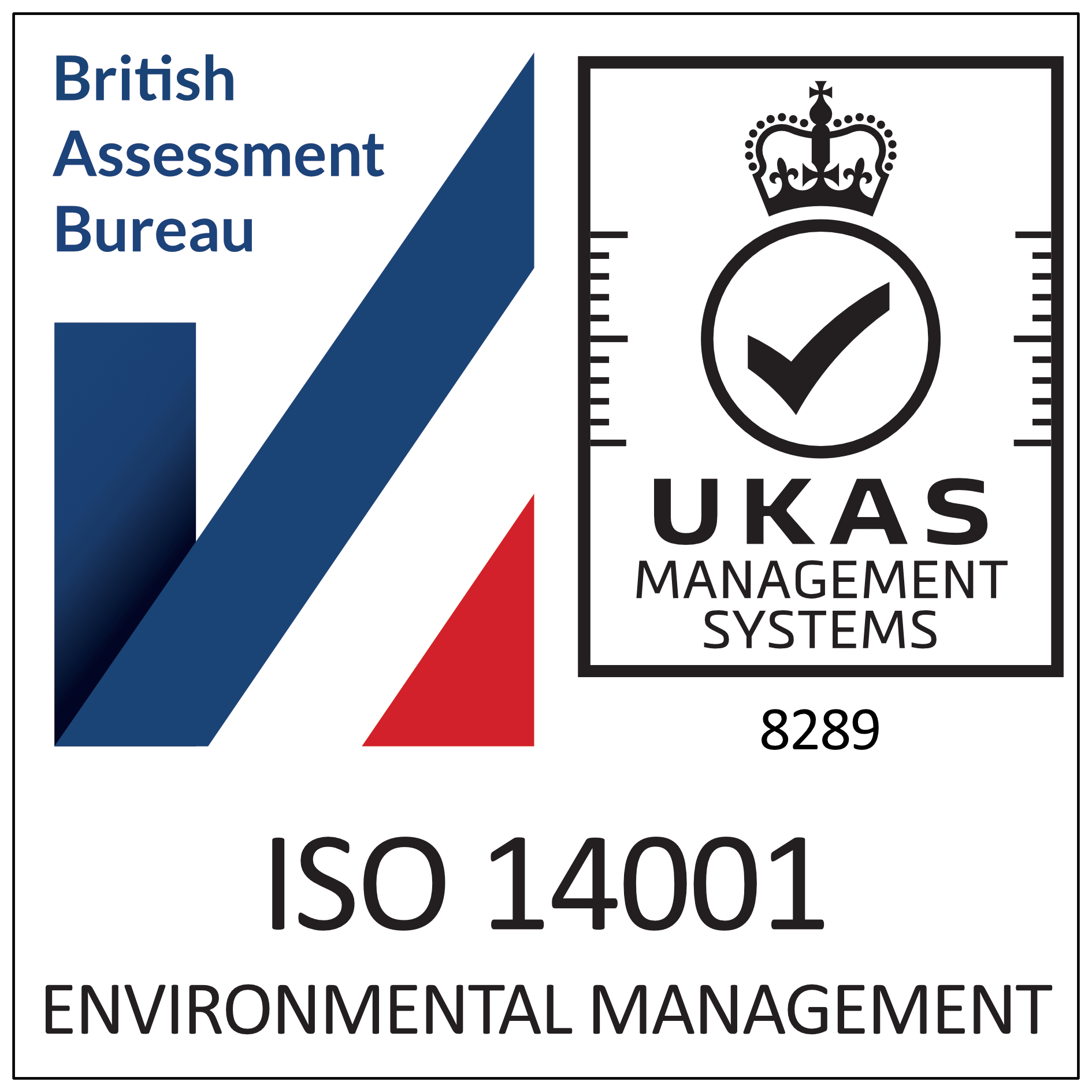Fire Door Regulations for Retail Businesses: What You Need to Know
In a busy retail environment, health and safety can sometimes take a back seat to customer experience and day-to-day operations. But when it comes to fire safety, there’s no room for compromise — and fire doors play a critical role in keeping people safe and protecting property.
If you own or manage a shop, it’s vital to understand your legal responsibilities under fire safety regulations, and how fire doors for retail should be used throughout your premises.
Here’s what retail businesses need to know.
Who Is Responsible for Fire Doors?
Under the Regulatory Reform (Fire Safety) Order 2005, the responsible person — usually the business owner, employer, or landlord — is legally required to ensure that fire doors are:
- Installed where necessary
- Maintained in good working condition
- Inspected regularly
- Clearly labelled and kept unobstructed
Failure to comply can result in fines, prosecution, or even closure of your business. Fire safety isn’t optional — it’s a legal obligation.
Where Are Fire Doors Needed in a Retail Premises?
In shops and retail units, fire doors are essential for containing fire and smoke, protecting escape routes, and allowing time for safe evacuation. You’ll typically need certified fire doors in the following areas:
Between the Shop Floor and:
Stockrooms or storage areas – especially where flammable materials are kept.
Loading bays or delivery zones – which may connect to external areas or vehicle access points.
Stairwells and corridors – that lead to upper floors or exits.
Any area that leads to a fire escape route should also be protected by fire doors to contain fire and prevent smoke from spreading.
Regular Inspections Are a Must
Fire doors aren’t “fit and forget” items. They need regular checks to ensure they still function correctly. You should:
- Carry out visual inspections monthly
- Have a professional fire door inspection at least every six months
- Keep records of checks and maintenance
Look out for issues such as:
- Damaged seals or intumescent strips
- Warped or poorly fitting doors
- Broken or missing closers
- Doors that don’t fully close
- Obstructions or propping open
Even small faults can seriously reduce a fire door’s effectiveness.
Common Fire Door Issues in Retail Settings
Retail premises face unique challenges, especially in high-traffic areas. Some of the most common issues we see include:
Fire doors wedged open for convenience — a major hazard
Improper replacements using non-certified doors
Worn hinges or closers that prevent the door from closing fully
Poor signage, making it unclear which doors must be kept shut
Lack of staff awareness about fire door function and regulations
Training staff to understand the importance of fire doors and encouraging regular checks can go a long way in keeping your premises compliant.
Choose Certified, Compliant Fire Doors
At Enfield Doors, we specialise in supplying fully certified, UK-manufactured fire doors for commercial and retail use. Whether you need internal fire doors between store rooms or high-performance doors for loading bays and stairwells, we offer:
- FD30 and FD60 rated doors
- Bespoke sizing and finishes
- FSC-certified timber options
- Fully tested and third-party accredited products
All backed by decades of experience in fire safety and precision joinery.
Enfield Speciality Doors
Fire doors save lives and ensuring they are correctly specified, installed, and maintained is part of every retail business’s duty of care. Need help reviewing your fire door compliance? Call us on 020 3199 5840 or email: sales@enfielddoors.co.uk.









